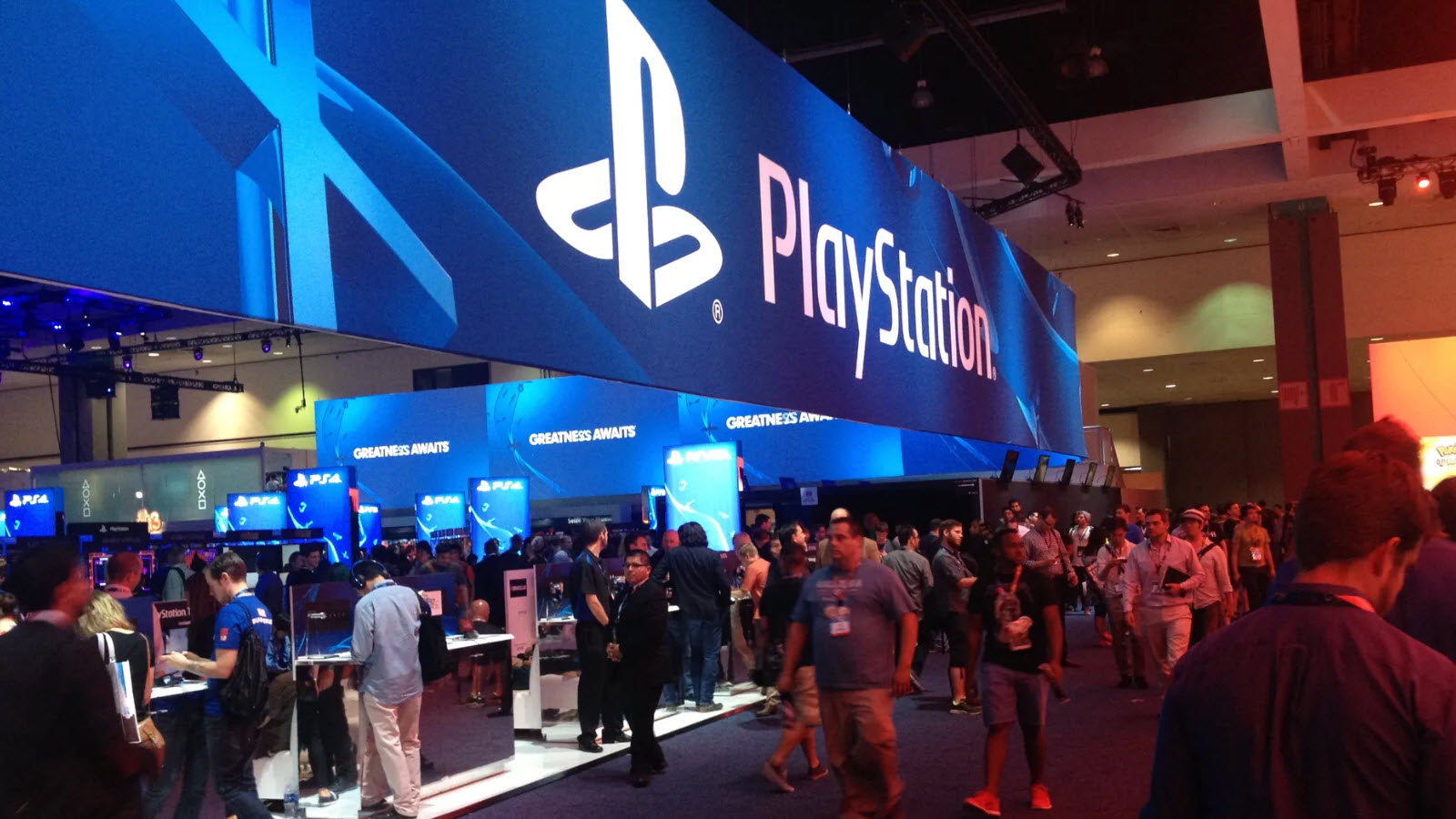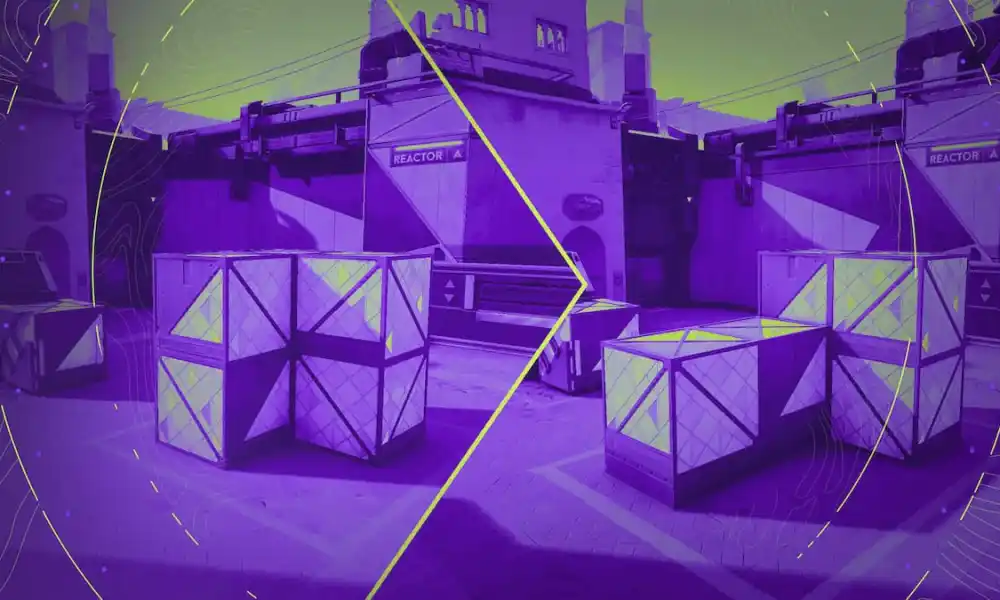The beauty of being young and relatively inexperienced in life is the gentle tug of awe and inspiration that one feels when stumbling upon some new discovery. My memories are sprinkled with hundreds of such moments from childhood, a not insignificant number of which are derived from experiences relating to video games. Indeed, these stirring moments, which can feel like a fainter version of falling in love, have a tendency to imprint themselves on the very fabric of our being.
NEW MECCA
It’s an easy, even pleasurable, task for my brain to recall the tens, if not hundreds, of such memories on a whim. Any lifelong gamer would relish the opportunity to snuggle against the warmth of such relics of nostalgia. The memory of my mom pulling a Nintendo Entertainment System (NES) from a closet at home and handing it to me as a gift. Standing slack-jawed and wide-eyed at my first glimpse of Mario 64 at Toys R’ Us. Playing Street Fighter on an arcade cabinet at a 7-11. The moment I finished my first JRPG (shout out to Suikoden). The first time I played a game online. Or perhaps more pertinently, the moment I was flipping through a gaming magazine’s pages and discovered a Mecca for gamers called the Electronic Entertainment Expo (E3).
It’s a bit fuzzy looking back; it’s been decades, after all, but when I concentrate, I can almost bring the pictures in the magazine into focus. I remember seeing extravagant booths on the show floor, illuminated by a dazzling array of lights. Statues of iconic characters, like Solid Snake, Sonic the Hedgehog, and Pikachu. And throngs of people converging over a massive, cavernous space filled to the brim with large screens beaming trailers of unreleased video games and kiosks with playable demos commanding long, snaking lines. I knew with unshakable confidence that one day, I would go to E3. Fourteen-year-old me simply had to figure out how.

It was a fortuitous moment to realize such a mission of making the holy pilgrimage to E3 because this was when a burgeoning internet was beginning to reach the wider gaming community. Before writing for any credible online publications, I engaged with the precursor to web builders like Squarespace and Wix, called GeoCities, and wrote video game reviews on scrappy little websites I built with HTML coding (I added the ‘s’ before ‘crappy’ to be kind to myself). I spent a few years writing video game reviews for a grand audience of one, technically two; if you count the time my mom read one of my reviews to verify that I wasn’t reading something dirty or pornographic on a random internet website. Eventually, I developed enough writing chops to land a gig with an independent gaming website.
STEPPING STONES
I made fast friends with the website’s staff, and when E3 rolled around, I was desperate to join the group making the trek to Los Angeles to cover the show for the site. The main issue was that I was 17, and the minimum age to attend was 18. Again, it’s been a while, so the memories require some mental dredging, but I recall someone on the staff telling me they were pretty sure they could get me in, and that was enough for me to book a flight to LA. That first trip to E3 was a giant leap of faith because not only was I not guaranteed to get into the show, but I had never met any of the staff before in person, I hadn’t even had video calls with them, and had no idea what they looked like. This was WAY before Zoom or FaceTime. Hell, it was the first time I had flown without my parents. The few vivid memories I have of that trip were the nervous excitement of getting onto the airplane, the relief I felt when there were real people on the other side of the flight to receive me, and the elation when whatever they did worked, and I got my first E3 press badge.

Covering E3 for various online publications over the years, including GamingTrend, was a dream come true. I’ve attended around a dozen E3s, give or take. In the beginning, when I was young, reckless, and utterly infatuated with video games, the experience was akin to a psychedelic trip, minus the hard drugs. The wave of light and sound that crashed into your senses when you entered the convention, the adrenaline rush of playing tons of new games and frantically writing about them between appointments, female models, deprecatingly labeled “booth babes,” beckoning you to check out a publisher’s games and take pictures with them, the dinners, the afterparties. It was an alluring package for a young man.
I continued to write for gaming sites and cover E3 through college. After graduating and seriously mulling over what I wanted to do with my life, I started to see the convention through a more mature lens. I took the opportunity to attend E3 to learn more about the video game industry and make connections. In addition to the transactional aspect of the show – “I play game, I write about game” – I was meeting people and having in-depth conversations with them. I was figuring out my place in the industry and how to get in. These were essential stepping stones towards realizing my career and my life ambition of working in the video game industry. It was the path that helped me land my current job at one of the largest publishers in the world.
ENDGAME
So, I’ve regaled you with my personal history with E3. I wanted to start all the way zoomed in before zooming out to examine the broader function that E3 served. If you had to pick the most impactful pillar of the show, it would probably be the sheer marketing muscle of the event. E3 had the ability to signal a wider range of consumers, people who didn’t subscribe to video game magazines or visit gaming websites, whose most likely exposure to video games was limited to word of mouth. Announcements from E3 often made it to mainstream news channels in the United States, like CNN or Fox, so that Young Dad, now consigned to evenings at home after going hard in the clubs in his 20s and long since having given up a cocaine habit, might decide it was time for a new habit. Or Young Mom, constantly doting on her children, might learn that a new Nintendo console was coming out in time for Christmas and decide it would make the perfect gift. E3 helped push the market towards growth year after year.
I won’t rehash the domino effect of changes within the industry that led to E3 being canceled. Many individuals and publications have already done that. The shorthand is that it’s complicated, and it’s not a coincidence the show was canceled in the same year the industry is seeing record layoffs and cost reductions. The cost of everything is way up, and how the industry makes money is way different. The industry is still healthy in terms of the loss of marketing without E3 every year. Events like The Game Awards and individual publisher showcases like Nintendo Direct and PlayStation Showcase are capable of footing the bill. This brings us to E3’s other value pillar, which often gets a passing nod from the media but rarely a close examination.

E3 did a tremendous job of bringing the entire industry physically together every year. And when I say industry, I’m being generous with the term and including not just employees of large game publishers and studios but also independent game developers, people from retail, the media, influencers, venture capitalists, boutique video game merchandise companies, and so on. EVERYONE came to E3 if they could. Colleagues from across the globe converged into one place to spend time with each other, publishing deals were signed, indie developers pitched their games and acquired funding, big retailers like GameStop and Best Buy got to try out new games, which informed how much inventory they would order, and young, future workers like myself were able to leverage the event to feel their way in.
Indeed, marketing can be replaced, but I can’t help but ponder the implications for our industry without the cohesive gravity of E3 every year. Perhaps it doesn’t matter, and people have already found new ways to connect with each other, to conduct business, and to build relationships. Doing most of what we used to do, within the confines of a soulless virtual environment, may prove as effective. There’s no way to know for sure in the short term, but in the long run, whatever happens, we’ll adapt.
All that being said, I’ll certainly miss the heyday of E3 and all of its grandeur. It was already long past those days before it ended; the signs of the times stood out in the convention halls like winding road warning signs on an icy mountain road. Still, for years, I held onto the hope that the show would figure out how to evolve and restore its former glory. Without a global pandemic, there may have been a chance. For now, sadly, the dream is dead, and a once illuminating beacon of the industry fades to black. So long, E3.
Sean started playing video games in infancy. He was not given a choice as much as a directive from his parents to be the best gamer on Earth. Sean was subjected to 10-12 hours of rigorous daily gaming throughout his youth, mastering the most complex video games and dominating online competitions. Sean's symbiotic relationship with video games led to writing about them for various gaming websites, and he is currently involved in sales strategy and analytics at one of the largest video game publishers in the world. Sean's mission is simple: Turn 100% of the human population into gamers, willingly or otherwise.

See below for our list of partners and affiliates:

 4 months ago
130
4 months ago
130









